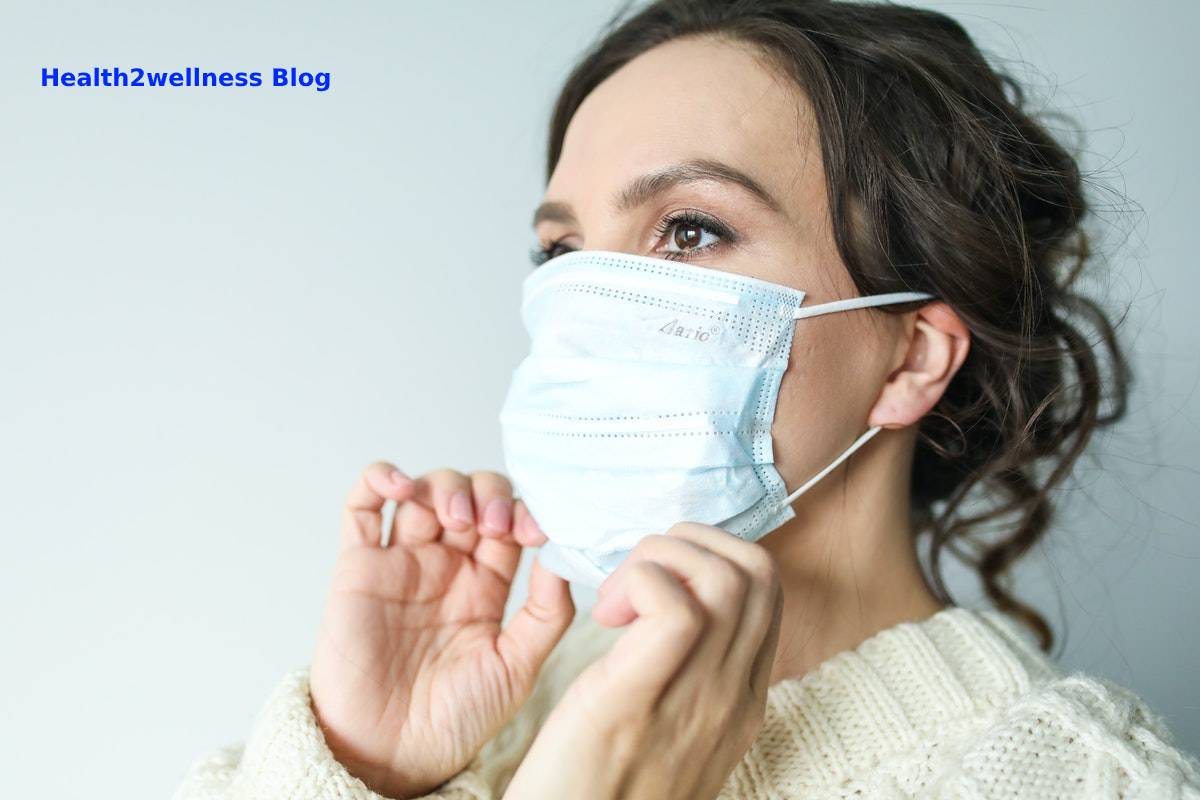

The emergence and rapid spread of the novel Coronavirus, COVID-19, forever changed the world. As a global epidemic of monstrous proportions, the worldwide physical health crisis has impacted virtually every aspect of our daily lives, both personal and professional.
Uncertainty, financial instability, statewide lockdowns, employer layoffs, and closures, and more are weighing on everyone’s minds. Although the focus has largely been on the prevention of spreading this potentially deadly virus, we must not forget to also take care of and focus on our health and well-being.
While staying at home and social distancing has had a significantly positive impact on “flattening the curve,” it has resulted in more than just cabin fever for those of us that have been stuck inside and apart from our loved ones. It can (and has for many) taken a serious toll on both our physical and mental health.
This guide will explore easy ways you can do more to take care of yourself during the pandemic. Let’s dive right in.
Table of Contents
Being sedentary is one of the worst things you can do for your health. We know your favorite Netflix show is begging to be binged. But do yourself a favor and get moving. Physical activity isn’t just about looking good, it’s about feeling good too. Did you know that exercise has been shown to boost “feel good” endorphins such as dopamine, serotonin, and norepinephrine?
Best of all, you don’t even need the gym. Any physical activity is a good activity, from walking or jogging to hiking, gardening, yard work, playing games with the kids, and more. Interested in exploring the outdoors while getting some much-needed sunshine and Vitamin D (shown to improve immune health)? Consider using a site such as World Weather Online to plan your weekly outdoor activities based around your local weather conditions.
Interested in more traditional exercises? There are plenty of ideas on how to get creative online. From YouTube videos and digital fitness classes to health and fitness apps, the right exercise plans and moves are just a few taps away.
We get it. Our favorite snack foods are comforting, making us feel good at the moment. Not to mention they are cheap, readily accessible, and easy to munch on when watching TV or browsing the web. But these fatty, fried, sugary, sodium-laden snacks are doing more harm than good. They spike blood sugar leading to “crashes”, cause weight gain, increase blood pressure and cholesterol, and make us feel bloated and groggy afterward.
Consider mixing it up with an assortment of fruits, veggies, and natural, unprocessed foods. There is a myriad of unique, flavorful, and satisfying, yet healthy, options to explore.
And remember, if time at home has you less active than usual, your caloric needs may have also reduced, so keep an eye on the scale and mirror.
Many of us have been focusing on taking care of others, from family to colleagues we’ve been stepping up to the plate and doing our part to make sure everyone else is supported, safe, and “ok”. What we often forget to do, however, is to check in with ourselves.
The good news is that it only takes a few minutes each day to get centered and give yourself some much-needed time to yourself.
Ideas Include Taking 10-30 Minutes Daily for:
Sleep is an often overlooked, yet incredibly important aspect of both physical and mental health. According to the American Sleep Apnea Association, 70% of adults in the United States (pre-COVID) reported getting insufficient sleep at least one night a month, with 11% reporting insufficient sleep nightly.
A good night’s rest and a regular sleep routine can also help to establish a sense of normalcy and control, helping to reduce stress and anxiety.
Having trouble falling and staying asleep? Here are some tips…
With more of us working and staying at home, we’re doing a lot of lounging around and spending time in chairs and positions not optimal for support. The right posture can help reduce back, neck, and eye strain while also reducing mental fatigue.
In these difficult times, it is easy to forget how important our own mental and physical help is. Yet, looking after your well-being is one of the best things you can do during this time of increased stress and uncertainty. By following the simple steps in this guide, you can begin to take back control over your health and takes steps towards a better you and a better tomorrow.
In the relentless pursuit of entrepreneurial success, it’s easy to overlook the most vital asset—yourself.… Read More
A barrel sauna isn’t just a visually striking wellness addition—it’s an efficient and highly functional… Read More
Technology is an integral part of most teenagers' lives today. While devices and social media… Read More
LASIK is one of the most popular vision correction surgeries that offers you freedom from… Read More
Plumbing issues can arise unexpectedly, and understanding the costs involved is crucial for homeowners and… Read More
Skin aging is often associated with external factors like sun exposure and pollution, but inflammation… Read More